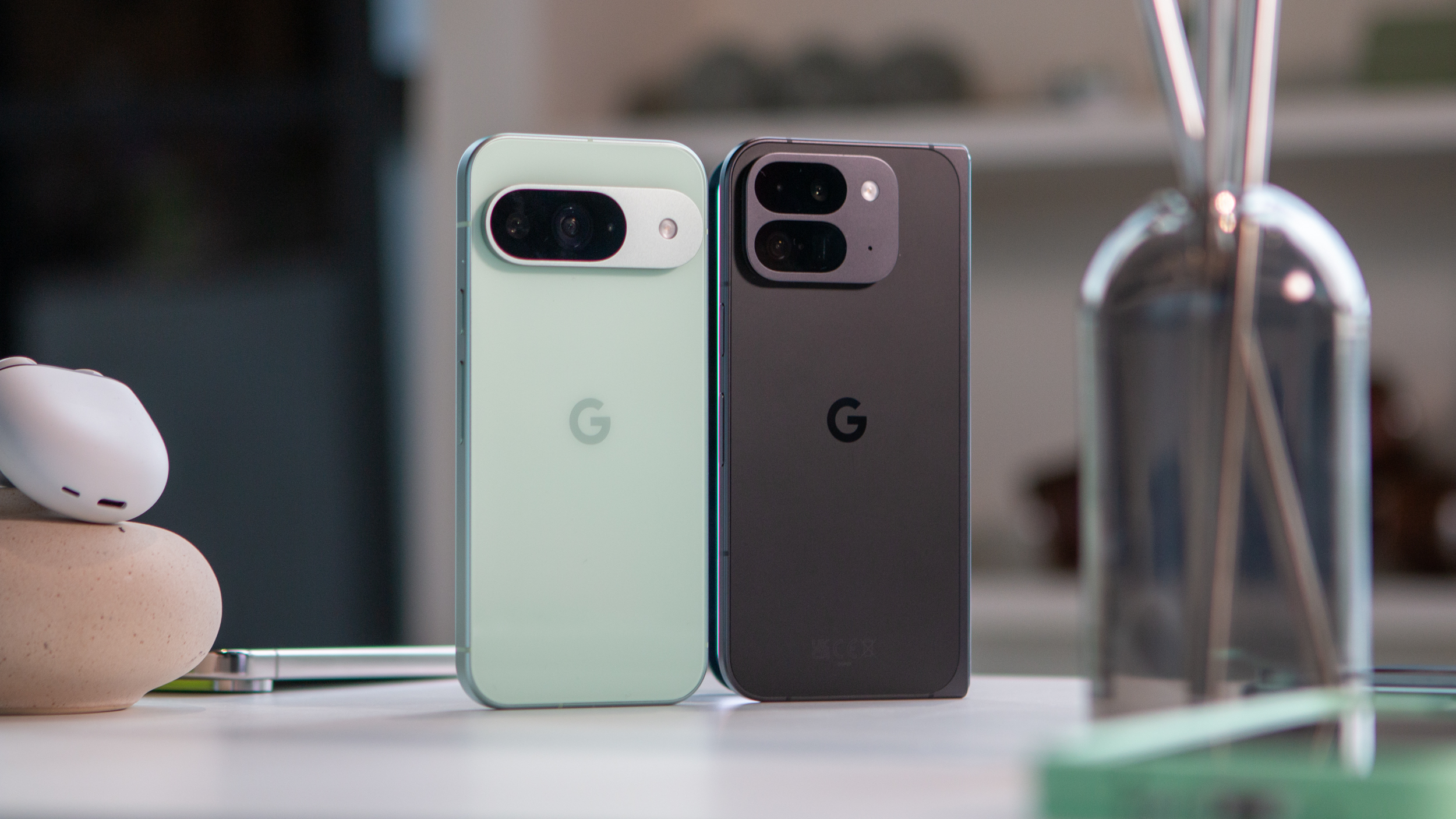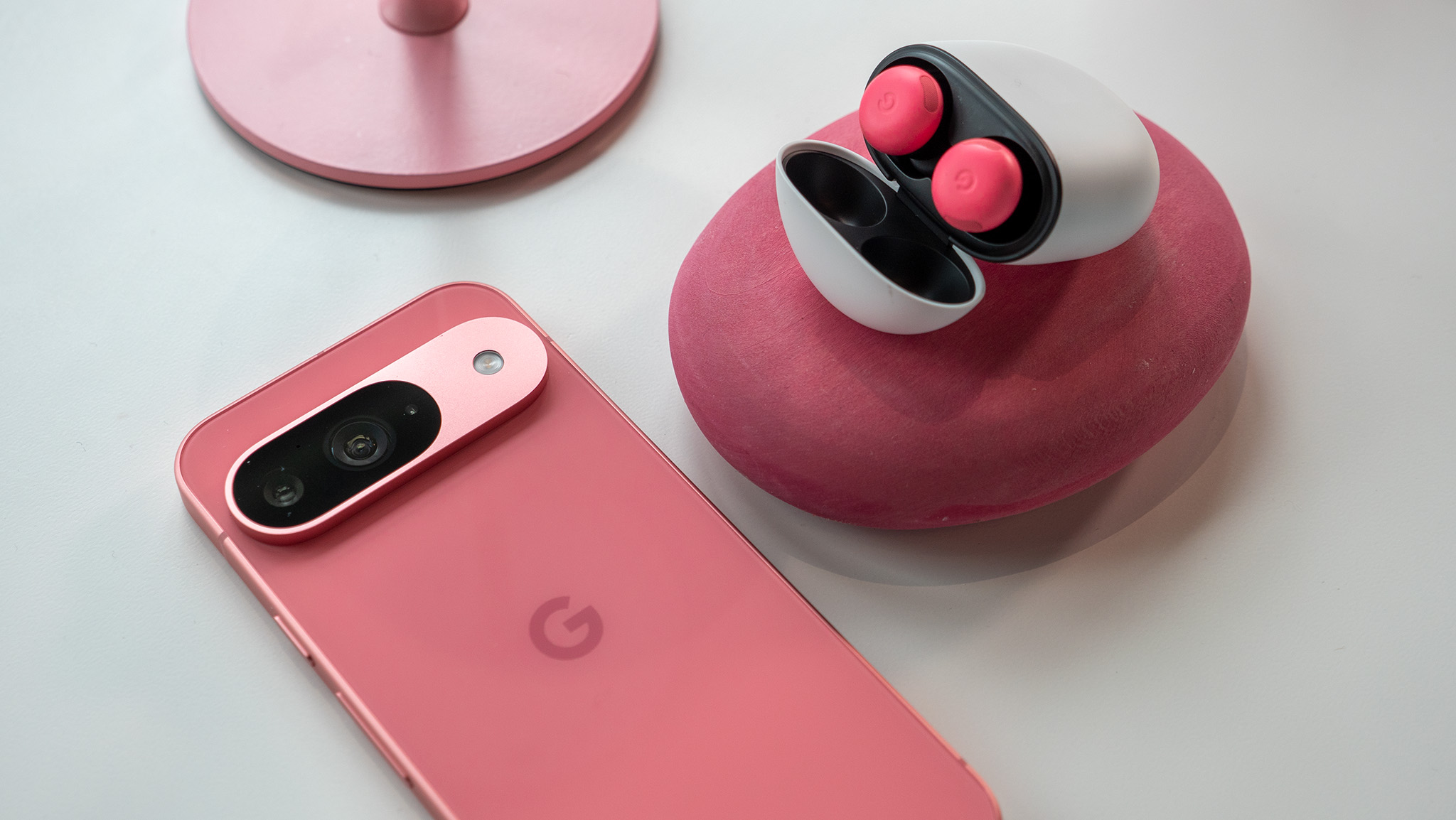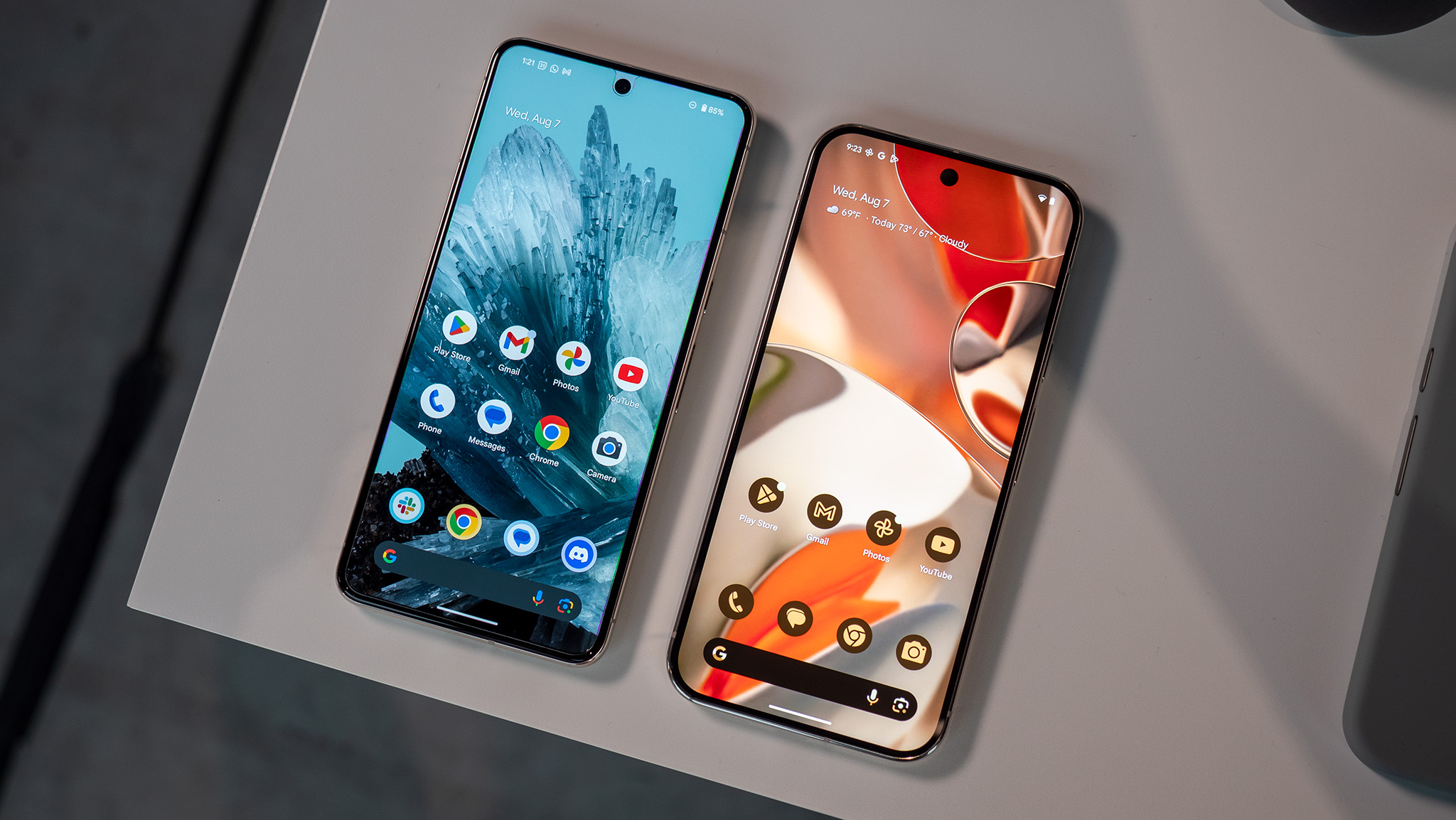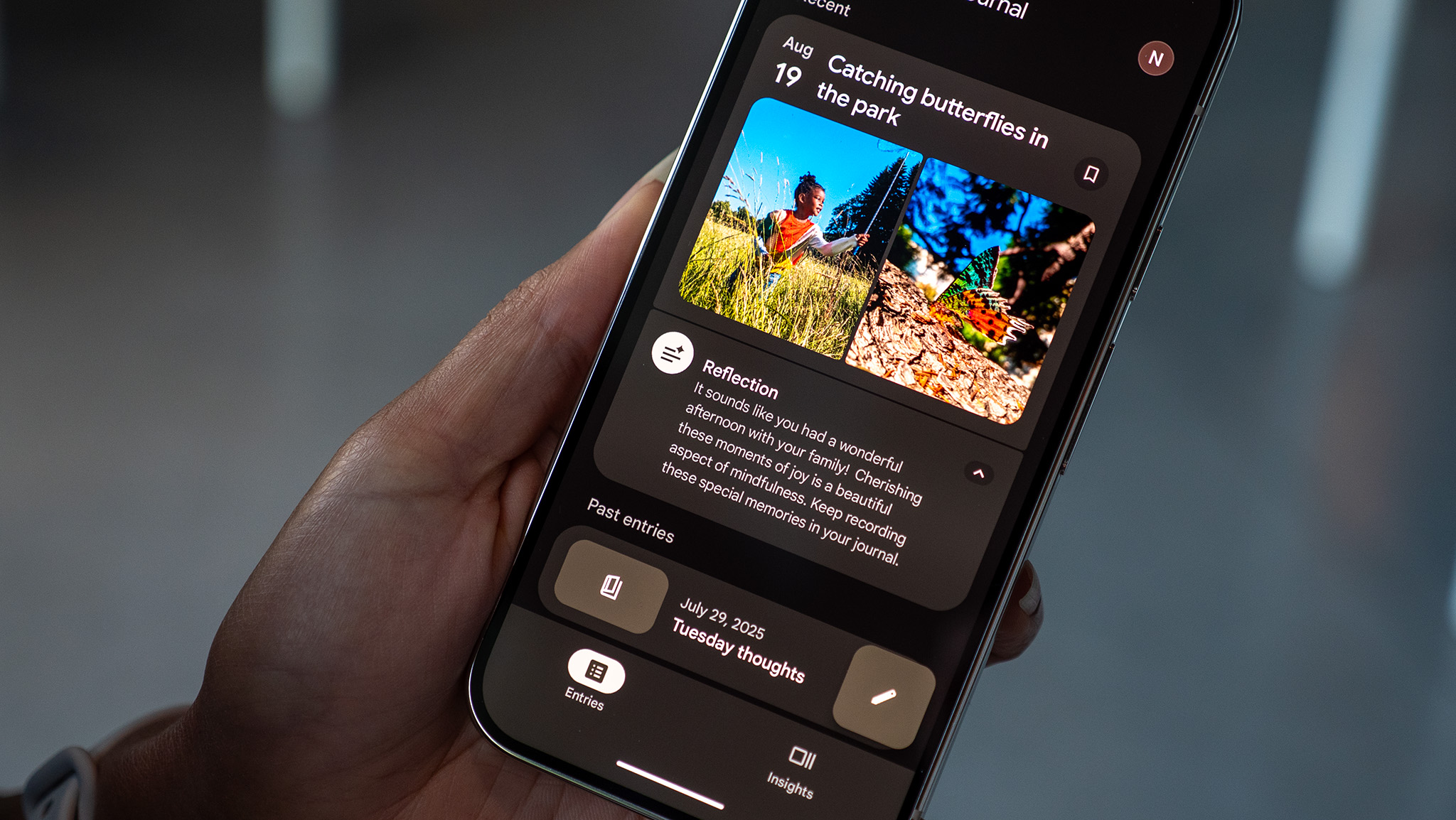Google still can't get the basics right on Pixels
How hard can it be?

I'll preface this by saying I like using Pixels; I switch between several dozen phones a year, but when I'm done with all the reviews and need a daily driver, I inevitably pick up a Pixel. The decision comes down to two things: clean software and consistent cameras. While most Android skins have decent interfaces these days, there's still a lot of overt styling, and I prefer what Google does in this area with Material You.
And while Google doesn't have the outright lead in cameras these days — the Find X7 Ultra, Vivo X100 Ultra, and Xiaomi 14 Ultra take better photos and videos — the Pixel 8 Pro takes the most consistent photos, and it does a great job with portrait shots and moving objects.

In Hardwired, AC Senior Editor Harish Jonnalagadda delves into all things hardware, including phones, audio products, storage servers, and routers.
That said, Google's phones aren't without issues. I've had a litany of problems with Pixels over the years; the panel on the Pixel 2 XL had washed-out colors, it didn't take much to break the Pixel 3 XL (I did it twice in two months), the oleophobic coat on my Pixel 4 XL wore out in under three months of use, and the volume rocker on the Pixel 7 Pro detached randomly one day. Last year, the Pixel 8 Pro decided to charge sporadically, and the USB-C port was to blame — this was an issue on the Pixel 6 Pro as well.
Look, most phones have some issue or another, but the percentage of hardware-related problems I've had with Pixels is significantly higher than any other brand. With Google now guaranteeing seven years of updates, it needs to do better in this area, and if the messaging around better durability is any indication, it looks like the brand is taking this seriously.
While that's undoubtedly good, Google for some reason just can't seem to nail the basics. Some of this is down to the choice of hardware; Google used Samsung's Exynos 2400 as the foundation for the Tensor G4, and other than newer cores, it is nearly indistinguishable to the Tensor G3.
Google made it clear that it doesn't want to chase performance numbers, and the brand instead chooses to focus on the TPU that powers all the AI features on its devices. That's fine by me; I don't use the Pixel 8 Pro because it is the fastest, but because it has a good overall experience. But what's annoying is that Google doesn't do any meaningful thermal management — even on the Pixel 9 — and that makes the device prone to throttling and overheating. To its credit, Google is adding a vapor chamber to the Pixel 9 Pro, and while that is a positive move, it isn't available on the standard model.

Google initially indicated in the spec sheet shared with reviewers that the global models of the Pixel 9, 9 Pro, and 9 Pro XL included a Wi-Fi 7 modem, with the Indian versions limited to Wi-Fi 6. The Google Store page in India reinforces that, but Google reached out to clarify that the Indian models use Wi-Fi 7 starting this generation.
Get the latest news from Android Central, your trusted companion in the world of Android
There's also the arbitrary feature gating; Google randomly decided to not include features like 8K video and Night Sight video on the standard model, limiting these to the Pro variants. In a similar vein, the base models still come with 128GB of storage, and that's ridiculous in 2024; even mid-range phones now start at 256GB, and at this point, Google is just nickel-and-diming customers in this regard.
Hilariously, the base models of the Pixel 9 Pro and 9 Pro XL have an unnecessary 16GB of RAM and woefully inadequate 128GB of storage, and there isn't another brand that offers this configuration. It's clear that Google is trying to emulate Apple, and is using a similar pricing strategy to upsell storage variants.

There's also the question of pricing; the Pixel 9 Pro starts at $999 and the 9 Pro XL at $1,099, and that's for phones with 128GB of storage; you'll need to pay another $100 to get 256GB models of these devices, and Google doesn't have anywhere as generous trade-in offers as Samsung.
Granted, these are minor irritants, but they matter on a flagship. There really isn't much to distinguish most flagships these days — at least on the hardware front — so every misstep is amplified. Google says its devices are the best at AI — and they are — and so it's asking a premium. Again, that's justified; ultimately, it's down to the brand to dictate what its phones cost.
But Google needs to understand that if it wants to price its phones in line with Apple and Samsung, it needs to deliver equivalent features; I'm just not sure it is doing that.
Correction: A previous version of this article stated that the Indian models of the Pixel 9 generation came with Wi-Fi 6; Google indicated the same in the materials shared with reviewers and on its store listing. A Google spokesperson has now confirmed that this is incorrect, and that the Indian models have Wi-Fi 7. This article has been corrected to reflect this.

Harish Jonnalagadda is Android Central's Senior Editor overseeing mobile coverage. In his current role, he leads the site's coverage of Chinese phone brands, networking products, and AV gear. He has been testing phones for over a decade, and has extensive experience in mobile hardware and the global semiconductor industry. Contact him on Twitter at @chunkynerd.
You must confirm your public display name before commenting
Please logout and then login again, you will then be prompted to enter your display name.
